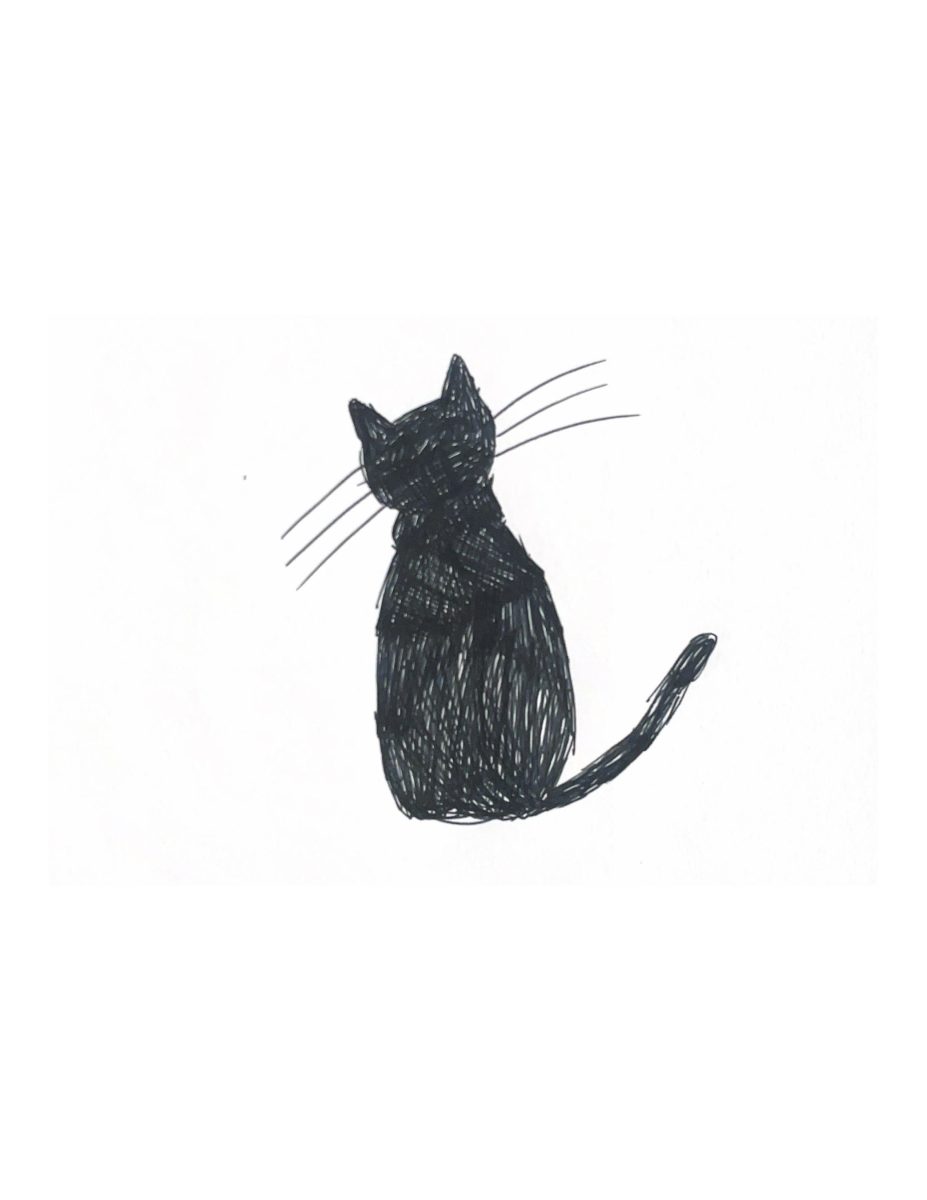Illustration by Andrea Nebhut
“All you need is love!” So shouts, and then sings, Ewan McGregor as the penniless but ebullient poet Christian in Baz Luhrmann’s frenetically swooning movie, “Moulin Rouge.” He is — as we’ll see on Valentine’s Day!* — very enthusiastic. But is he right? Is love truly all you need?
Well, Christian is quoting the Beatles. Were they right? If we keep pushing that question farther back, eventually we reach the ancient world: 50 years ago, the Beatles were riffing on the Roman poet Virgil, who, 2,000 years ago, wrote: “Love conquers all.” The Latin is even better: omnia vincit amor, a phrase fit for carving into stone or inking skin.
(If you’re considering ancient tattoos, please ask a Classicist! It helped on Buffy, when Willow painted Tara’s back with a prayer to Aphrodite from the sublime Greek poet Sappho.)
Beautiful phrasing aside, was Virgil right? He continues with a suggestion Christian would second: “Let us, too, give in to love!” Virgil seems to take his own advice: he concludes by naming a friend for whom his own love “grows by the hour, / as in early spring the alder flirts with vines.” As for that increasingly beloved friend?
Well, he … dies?!
Are we thus to think that love is somehow limited, conquering not quite “all,” defeated by death? Have all these emotional poets been mistaken? (Should we REALLY not have gotten that tattoo?)
Here’s why we needn’t worry. Virgil’s beloved lives on in a way, his death a flower of feeling in the spring air of the poem. If love doesn’t quite thus “conquer” death, we might say it conjures with it, transforming the frightening fact of our mortality into beautiful art that seems to live and breathe.
Thus we all know, for example, the story of Pyramus and Thisbe, even if not by name: two “star-crossed lovers” who, yes, died, but who live on in Romeo & Juliet, in the 74th annual Hunger Games, in post-apocalyptic zom-com Warm Bodies*, and more.
More profoundly, art about love grows only stronger when the beloved has gone. Thus the mythical singer Orpheus must fail to bring his poor, snakebitten Eurydice back from the dead. His singing had paused the punishments of the Underworld — Sisyphus sitting pensively on his boulder, the Furies in tears — but it was losing her for the second time that let his music, channeling grief, change the world … not least in films like — spoiler alert! — Moulin Rouge.
So love, if not conquering death, counters it with art that can outlast human lives. Virgil knew this. His suggestion — “Let us, too, give in to love!” — recalls an earlier Roman poet, Catullus, who signaled his desire in similar language: “Let us live,” he exhorts a crush, “and let us love!”
Catullus expected scandal and scorn from people who didn’t believe in love because they haven’t any. Where Virgil plants a garden against the winter, we might say, Catullus bites his thumb at bitter age. But the underlying feeling is the same and covers too the Beatles’ singing and Christian’s shouting. Since, to put it simply, there is no escaping death, we should — insists this whole artistic tradition — “give in to love!”
*For more about ancient traditions of love and death in art, please join the TU Film Club every Thursday at 7 p.m. in RCC 319, including Valentine’s Day for Moulin Rouge and May 9 for Warm Bodies!






